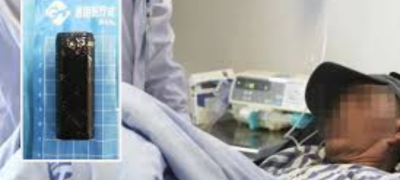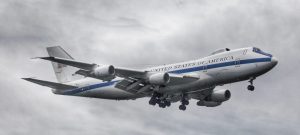AstraZeneca, in collaboration with Japanese pharmaceutical company Daiichi Sankyo, has received approval from U.S. regulators for their precision cancer drug, Datroway, to treat a specific form of lung cancer. This marks the first time Datroway has been authorized for use in lung cancer, expanding treatment options for patients in the United States — the world’s largest pharmaceutical market.
The approval applies to advanced non-small cell lung cancer in adult patients who have previously undergone treatment. AstraZeneca noted that Datroway is the first therapy of its kind approved in the U.S. for this particular indication.
Read more: Record-Breaking CO₂ Levels Spark Alarms Over Human Health and Climate Impact
Datroway is part of a newer category of treatments called antibody-drug conjugates (ADCs), often referred to as “guided missiles” because they target cancer cells directly while minimizing damage to healthy tissue — unlike traditional chemotherapy. The drug works by zeroing in on the TROP2 protein, commonly found on the surface of various cancer cells. Datroway is already in use for treating a certain type of breast cancer.
Dave Fredrickson, an executive at AstraZeneca, emphasized the importance of this development, stating that the approval offers a crucial new option for patients with advanced EGFR-mutated lung cancer, especially those whose disease no longer responds to earlier treatments.
The partnership between AstraZeneca and Daiichi began with the development of Enhertu and expanded in 2020 to include the joint advancement and marketing of Datroway under a deal valued at up to $6 billion. Following the U.S. approval, AstraZeneca will pay Daiichi a milestone-based amount of $45 million.









